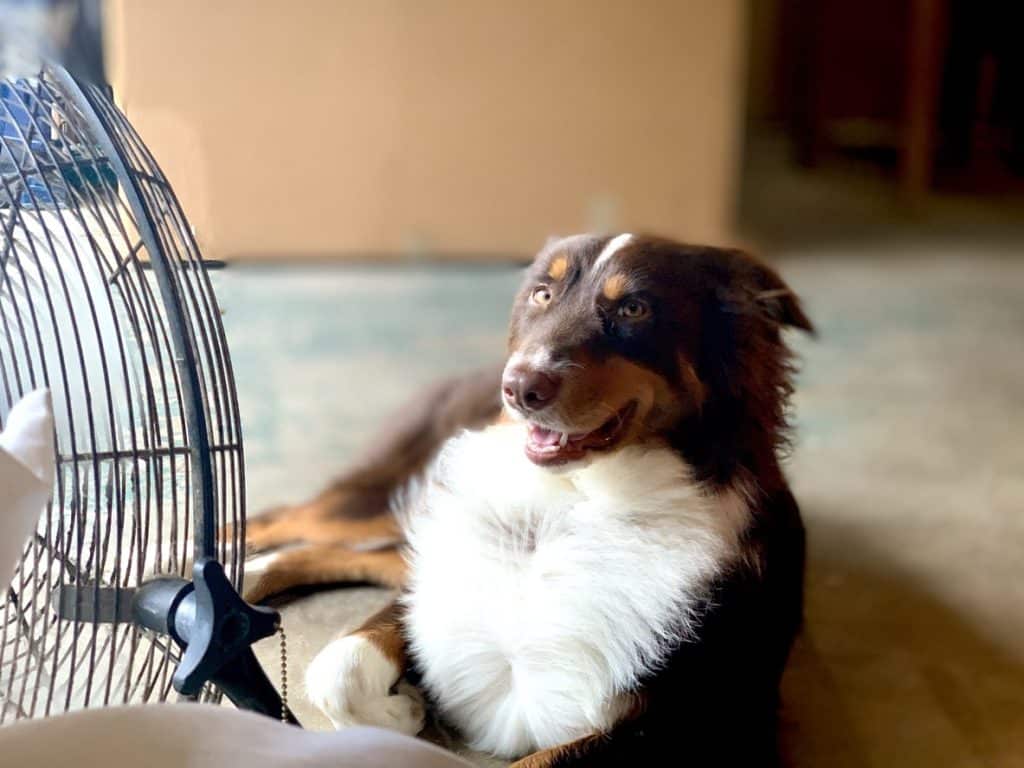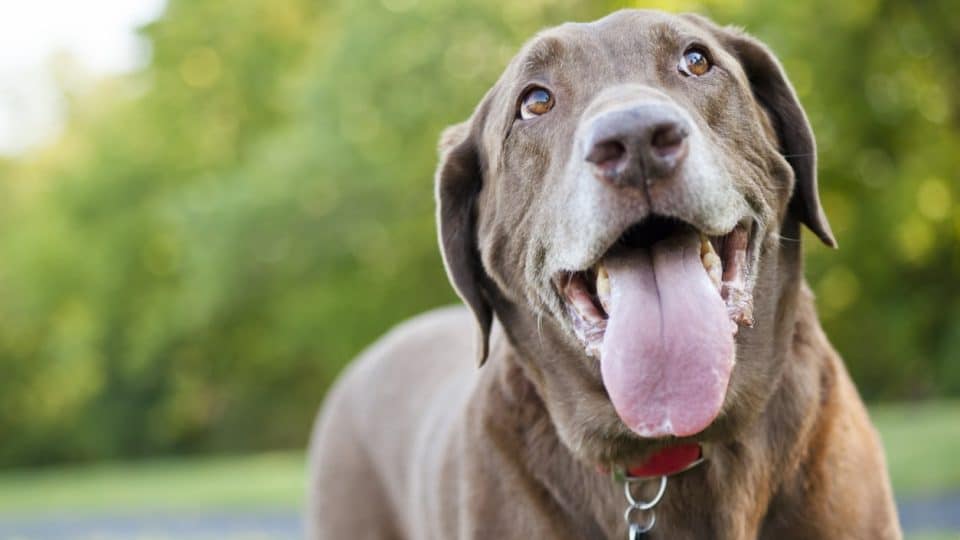When your dog pants more than normal, it can be alarming, but don’t panic. Heavy panting has many triggers, including coming back from a walk on a hot day or anxiety-producing fireworks, says Dr Jules Benson, Nationwide’s vice president of pet health and chief veterinary officer.
While a higher-than-normal body temperature is one helpful indicator of a serious issue for dogs, counting their number of breaths is the key way to determine if excessive panting is happening at all. “Excessive panting is any elevated breathing rate above 40 breaths per minute for a prolonged period of time without a good reason,” Dr Benson explains. People with otherwise healthy dogs should talk to their vet within 24 to 48 hours, he says.
What Causes Panting in Dogs?
Your dog’s heavy panting may or not be a cause for concern. “Start by ruling out the obvious signs it may be minor,” Dr Benson says. Some of these minor causes include a change in temperature, environmental factors, or pre-existing conditions you were already aware of.
If you’ve ruled out these minor causes, here are some medical problems that might be behind the heavy panting:
- heatstroke
- anxiety
- respiratory disorders
- injury or pain
- certain medications
- cushing’s syndrome
Which Dog Breeds Naturally Pant More?
Dr Benson says brachycephalic dogs, such as French Bulldogs, English Bulldogs, and Pugs, aren’t equipped to handle any elevated heat due to their shortened faces. Dog parents of these breeds need to be extra aware of any faster-than-normal breathing, even for a short time period.
If your pet is brachycephalic or mixed with one, Dr Benson adds it’s important to discuss with your vet what is and isn’t excessive panting for your pet and when they need to be seen by a vet. Don’t wait until excessive panting happens, especially if you live in a hot or humid environment.
How Can You Spot Excessive Dog Panting?
Pet parents might ask themselves what’s the difference between normal and excessive panting. Figuring this answer out comes down to breath count. “Normal respiratory rate for a dog is about 10 to 20 breaths per minute,” Dr Benson explains. If the breath count is above that, your dog is excessively panting. He adds that the best time to count your dog’s breaths is when they are lying down or sleeping.
Due to individualised health and features, you still should ask your vet if there are any signs you should look for that might exhibit a health concern besides abnormal breathing. For example, if your dog has some sort of arrhythmia or a heart issue, you should be checking with your vet frequently.

iStock/miodrag ignjatovic
How Do You Treat Heavy Panting?
How you treat heavy panting depends on the condition. Below are the most common treatments.
| Condition | Treatment |
| Heatstroke |
|
| Anxiety |
|
| Respiratory problems |
|
| Injury or pain |
|
| Certain medications |
|
| Cushing’s syndrome |
|
| Heart disease |
|
How much do treatments for excessive panting cost?
There’s no one-size-fits-all answer. “It’s heavily dependent on the condition,” Dr Benson says. The cost of medications for heart disease and anxiety especially can quickly add up, so speak to a vet about the best options for payment. One helpful way to mitigate medication costs is by purchasing high-quality pet insurance.

iStock/Carlos Perez
Takeaway
Heavy panting may or may not be serious. First, see if you can find the reason, count their breaths, and check their temperature. If they are panting excessively, get a vet involved right away, especially if you have a brachycephalic dog breed. Doing so can ensure your dog gets the care they need to return to normal.



